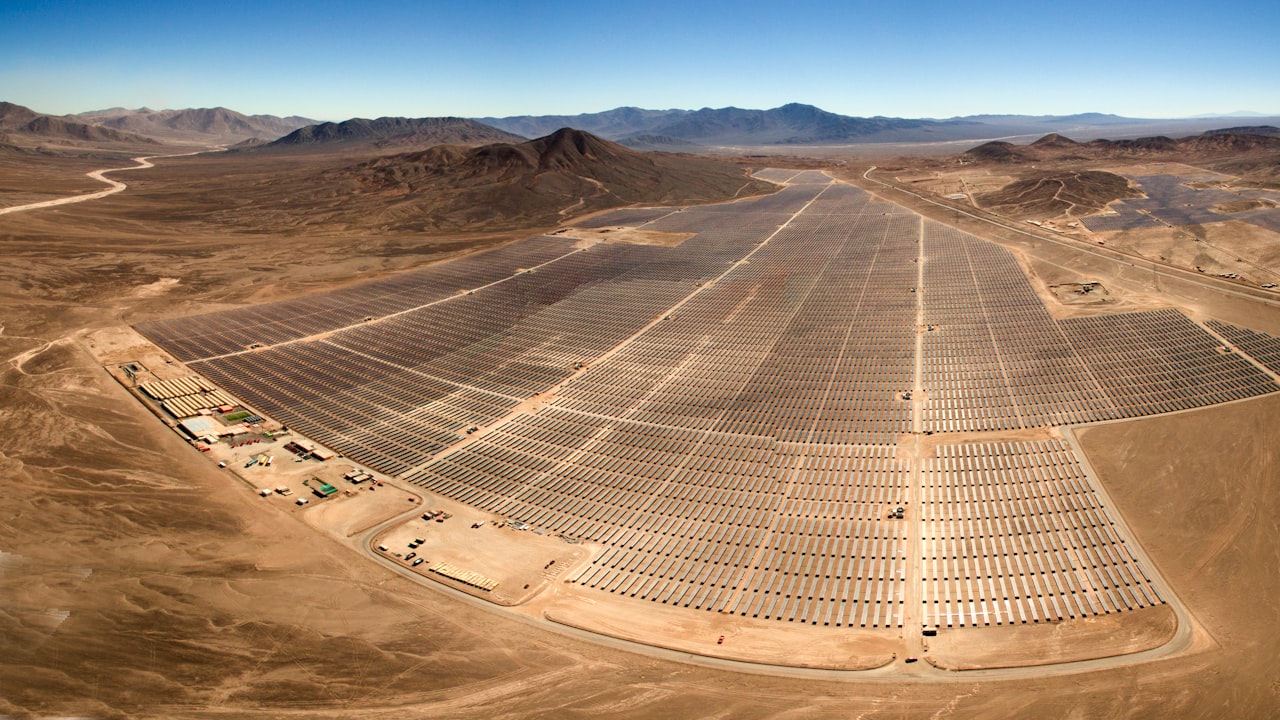When traveling in your RV, having a reliable power source is critical to having a comfortable and pleasurable vacation. Traditional RV power sources, including generators and shore power, have limitations and may not always be available, especially while camping in remote locations.
This is where RV solar panels come to the rescue. By harnessing the sun’s abundant energy, these portable solar panels offer a sustainable way to power your adventures on the road. Say goodbye to the noise of generators and the worry of finding a power outlet; with rv solar panels, you can embrace the beauty of nature without compromising on comfort.
Determining Your Power Needs
Before investing in an RV solar panel system, it’s essential to determine your power needs. Calculating your energy consumption will help you choose the right size solar panel system to meet your requirements. Begin by making a list of all the appliances, devices, and systems that will be powered by your solar setup.
Take note of their watt ratings and estimate the number of hours they will be utilized each day. This will give you an estimate of how much energy you use daily. You can assess the size of the solar panel system necessary once you have a general estimate of your energy consumption.
Planning Your Rv Solar System
Proper planning allows you to accurately determine your energy needs, select the right components, and ensure the system is properly sized and configured.
Assessing Your Rv’s Solar Suitability
Before diving into the solar installation process, it’s crucial to evaluate your RV’s solar suitability. Determine if your RV has enough roof space to accommodate the solar panels you need. Additionally, consider any obstructions such as vents, air conditioners, or satellite dishes that may limit your solar panel placement.
Selecting The Right Solar Panels For Your Rv
Consider factors such as efficiency, size, and weight. High-efficiency panels will generate more power per square inch of surface area, allowing you to maximize power production with limited space. Additionally, consider the physical dimensions and weight of the panels to ensure they are suitable for your RV’s roof.
Choosing The Right Solar Charge Controller
A solar charge controller is an essential component of your RV solar system. It regulates the charge between the solar panels and your RV’s battery bank, preventing overcharging and ensuring efficient battery charging. There are two main categories of charge controllers: maximum power point tracking and pulse width modulation (PWM). (MPPT).
Battery Considerations For Your Solar System
Your RV’s battery bank is an integral part of your solar system, as it stores the energy produced by the solar panels and is used for use when the sun isn’t shining. There are several types of batteries commonly used in RV applications, including AGM (Absorbent Glass Mat), gel, as well as lithium-ion batteries.
Maximising Efficiency And Maintenance
Maximizing efficiency and maintenance are crucial aspects of optimizing your RV solar panel system.
Positioning And Tilting Your Solar Panels
To maximize the efficiency of your solar system, it’s essential to position your panels correctly to receive maximum sunlight exposure. When parking your RV, aim to park in an area with unobstructed sunlight, away from shading objects such as trees or buildings.
Monitoring And Managing Your Solar System
Perform routine maintenance on your solar system. Inspect the panels for any dirt or debris that may hinder their efficiency, and clean them using a soft brush or cloth. Check the wiring connections for tightness and inspect the charge controller for any signs of damage or malfunction.
Conclusion
Harnessing solar energy through RV solar panels offers a convenient solution for powering your adventures on the road. By investing in a solar system, you can enjoy energy independence, cost savings, and a greener RVing experience. Start your solar journey today and experience the freedom and benefits of harnessing solar power on the road.
